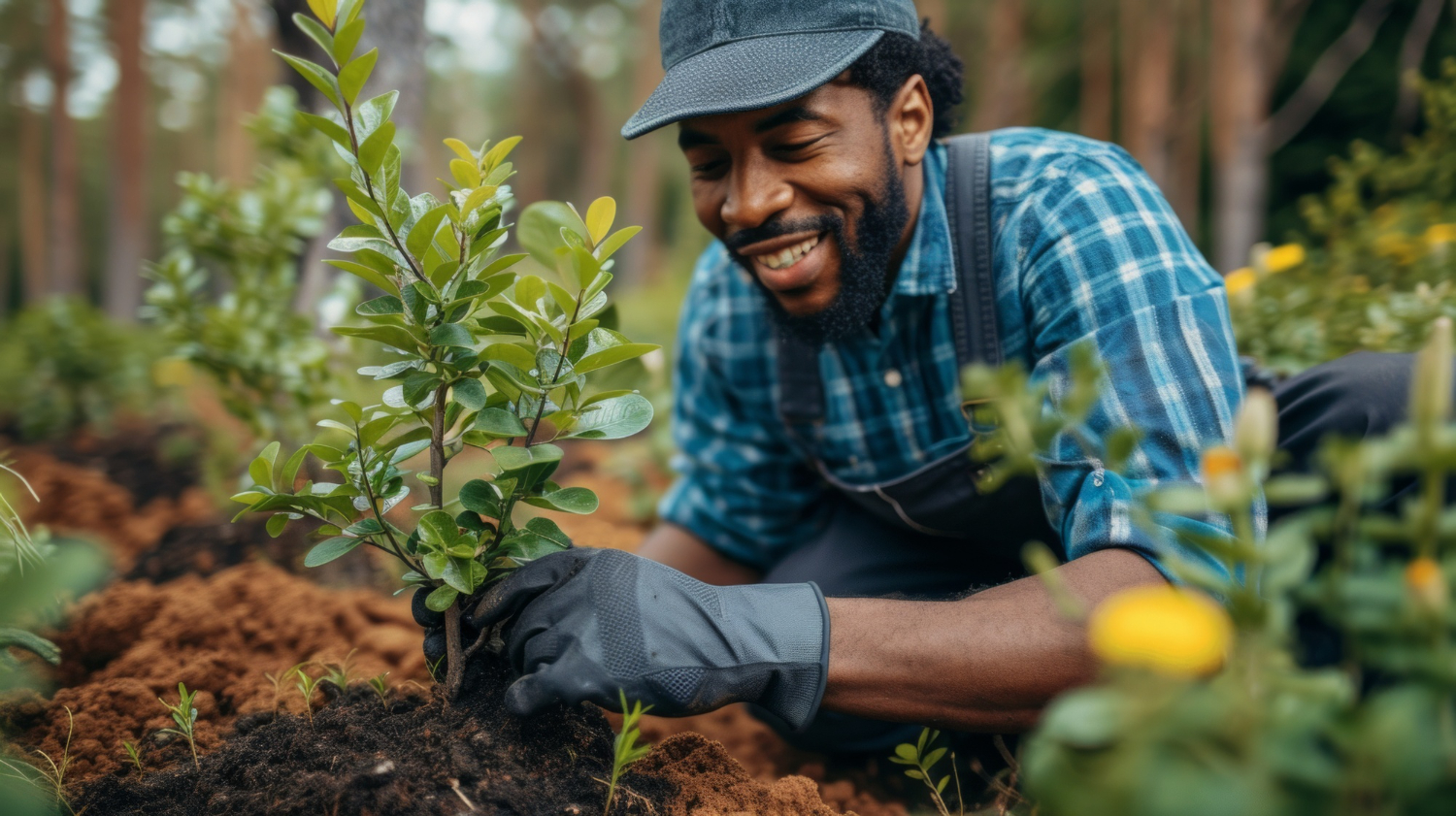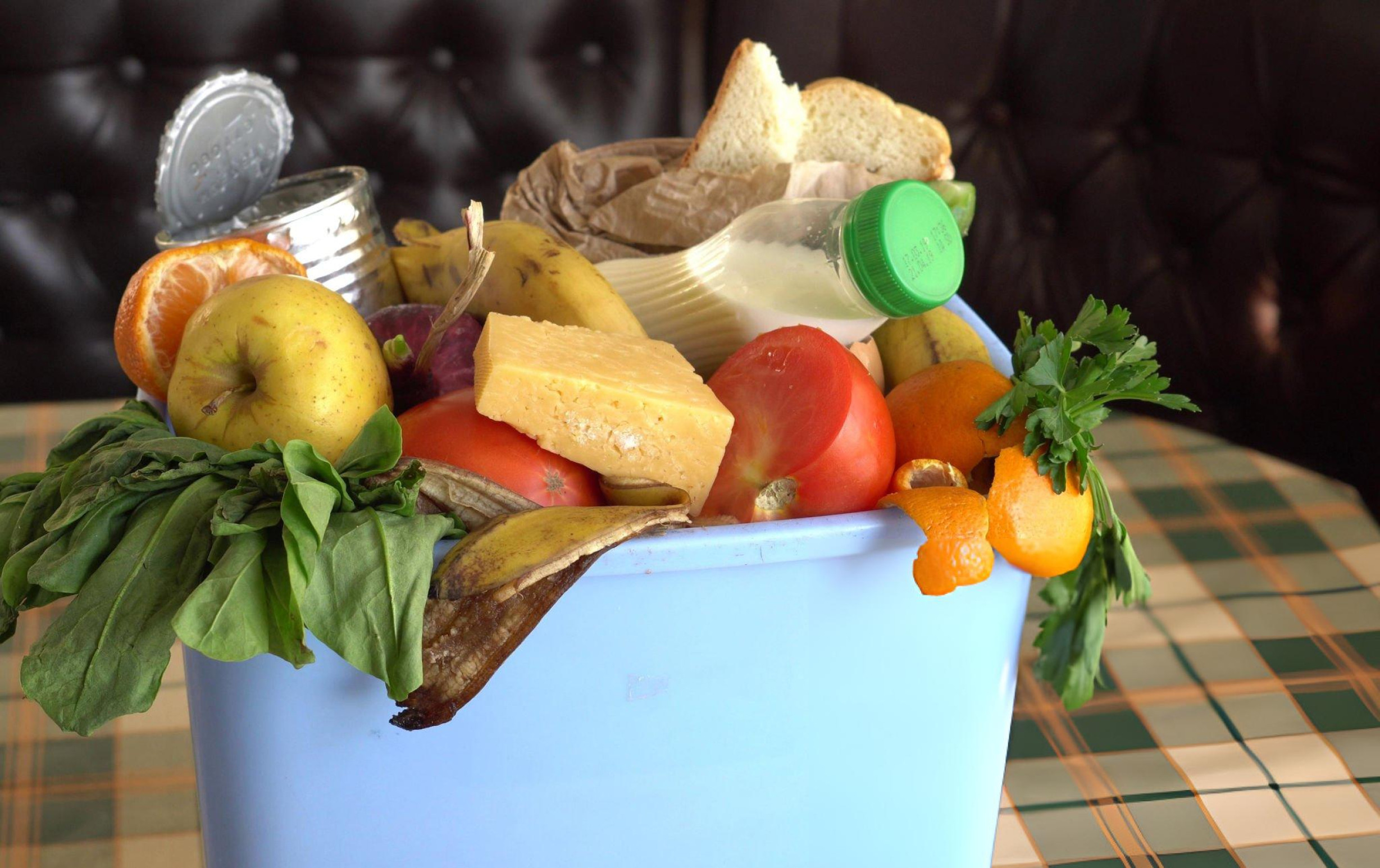Sustainability sounds big. But change often begins with small, steady steps. What if I told you five low-cost habits could save money, time, and the planet? Ready to try them? Let’s dive in.
Introduction: Why Small Habits Matter
Big actions get headlines. Small habits win the long race. Repeated daily, little choices shape demand. They also shape markets. If millions buy less plastic, producers respond. If neighborhoods compost, municipal systems adapt. Starting small is not a compromise. It’s strategy. You’ll save money and feel better. That payoff matters
Habit 1: Reduce Food Waste at Home
Food waste is a silent drain on resources and money. Tossed food also means tossed water, fuel, and labor. Cutting waste is low-cost and high-impact.
Simple Meal Planning Techniques
Plan three meals and snacks for the week. Use a shopping list and stick to it. Buy loose produce rather than pre-packed amounts. Freeze extras before they spoil. Cook one-pot meals to use multiple ingredients efficiently.
Smart Storage and Leftover Hacks
Store herbs in water like flowers to extend life. Keep bananas separate to slow ripening of other fruits. Use clear containers so leftovers don’t hide at the back of the fridge. Label meals with dates to track freshness. Turn dinner scraps into a quick stir-fry or soup.
Composting Basics for Beginners
Composting is affordable and easy. Use a small countertop bin for peels and coffee grounds. Add scraps to a backyard pile or community compost drop-off. If you live in an apartment, try a worm bin or bokashi kit. Compost reduces landfill waste and returns nutrients to soil.
Habit 2: Cut Single-Use Plastics
Single-use plastics are cheap to buy but costly to the environment. Eliminating them is low-cost and instantly effective.
Carry Reusables: Bags, Bottles, Cutlery
Keep a reusable bag in your car or by the front door. Invest in a durable water bottle and coffee cup. A small foldable cutlery set is great for takeout. These items pay for themselves quickly.
Shopping Tips to Avoid Plastic Packaging
Choose products with minimal packaging. Buy in bulk when possible. Bring jars to refill stores. Choose cardboard or glass over plastic when prices are similar. Small choices add up fast.
Small Swaps That Make a Big Difference
Swap cling film for beeswax wraps or reusable lids. Replace plastic produce bags with mesh alternatives. Opt for bar soap instead of liquid soap in plastic bottles. These swaps are cheap and effective.
Habit 3: Save Energy with Smart Lighting and Small Fixes
Energy waste is an easy fix that saves money and emissions. Start with lighting. Then tackle drafts and standby power.
Swap to LEDs and Use Timers
LED bulbs are slightly pricier upfront but use far less energy. Replace bulbs gradually. Use timers or smart plugs to avoid leaving lights on. Motion sensors for hallways save energy in shared spaces.
Seal Drafts and Unplug to Save
Seal gaps around doors and windows with inexpensive weatherstripping. Use draft stoppers for doors. Unplug chargers and devices or put them on a switched power strip. Phantom energy use adds up.
Low-Cost Devices with High Impact
Smart power strips cut off standby power. LED bulbs last for years. A simple door draft blocker costs little and returns savings quickly. These small buys often pay back within months.
Habit 4: Choose Low-Impact Transport Options
Transport emissions are a major slice of personal carbon footprints. Shifting how you move can be cheap and healthy.
Walk, Bike, and Use Public Transit
Walk for short trips. Cycle when you can. Use public transit for commutes. You’ll lower transport costs and boost fitness. If weather or distance is an issue, try a hybrid approach—bike to the station, then take transit.
How to Make Car Rides Greener
Carpool or combine errands to reduce trips. Keep your tires properly inflated and perform regular maintenance to keep fuel use low. Use fuel-efficient driving habits like steady speeds. If you have the option, choose a small, fuel-efficient vehicle.
Planning for Active Commutes
Map safe routes before you start. Use apps that show low-traffic streets. Carry a compact rain jacket and foldable shoes for mixed commutes. Little preparations remove excuses.
Habit 5: Buy Less, Choose Better
Consumer habits drive resource use. Buying less and choosing durable items stretches resources and reduces waste.
The Power of Secondhand and Repair
Thrift stores and online marketplaces are treasure troves. Buying secondhand cuts demand for new goods. Learn basic repairs—sewing a button, patching jeans, or replacing a zipper. Repair cafes and community workshops can help.
Prioritize Quality Over Quantity
A well-made shirt that lasts years beats five cheap shirts. Look for repairable designs and honest materials. Consider warranties and repair policies when buying. This mindset reduces clutter and saves money over time.
Capsule Wardrobe and Minimalism Tips
Build a wardrobe around versatile pieces. Choose neutral colors and sturdy fabrics. Rotate items seasonally to keep your closet manageable. Minimalism helps you resist impulse buys and simplifies laundry and care.
How to Build and Keep These Habits
Good ideas are one thing. Habits are another. Here’s how to lock them in without stress.
Start Small: Micro-Habits and Habit Stacking
Start with one micro-habit—like carrying a reusable bottle. Stack it onto an existing routine, such as your morning commute. Micro-habits grow into routines far easier than dramatic shifts.
Track Progress Without Getting Overwhelmed
Use a simple checklist or a habit app. Celebrate small wins. Track money saved and waste avoided. Seeing progress builds momentum.
Involve Family and Community
Share habits with housemates or family. Start a neighborhood challenge or swap freebies in a local group. Collective action makes habits stick and multiplies impact.
The Bigger Impact: How Individual Habits Scale
One person’s habit is a start. Many people acting together create systems change. Let’s look at local and global benefits.
Local Benefits: Cleaner Streets and Healthier Wallets
Less waste cuts trash bills and cleaning costs. More walking and biking reduce traffic. Local air quality improves. Your wallet benefits from lower grocery and energy bills.
Global Benefits: Reduced Emissions and Resource Use When communities waste less and buy better, production slows. That reduces emissions from manufacturing, shipping, and disposal. Scaling small habits across millions multiplies their effect.




